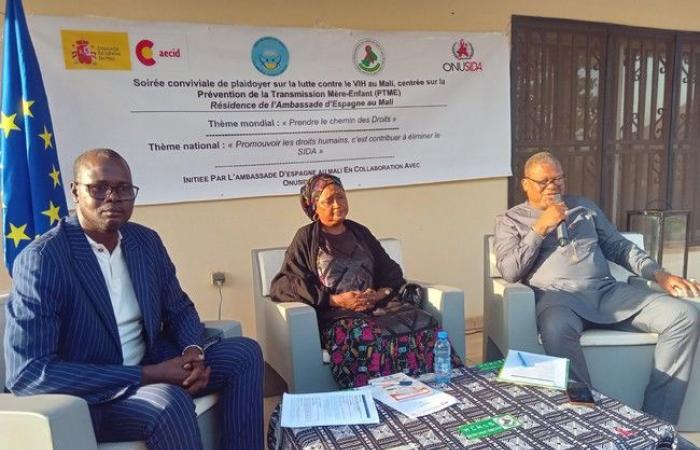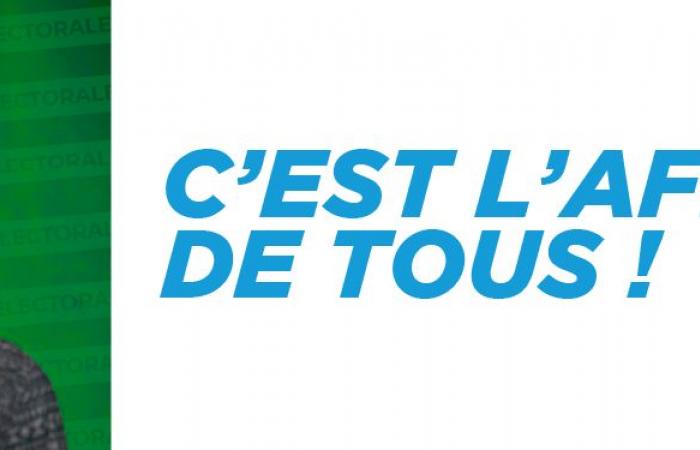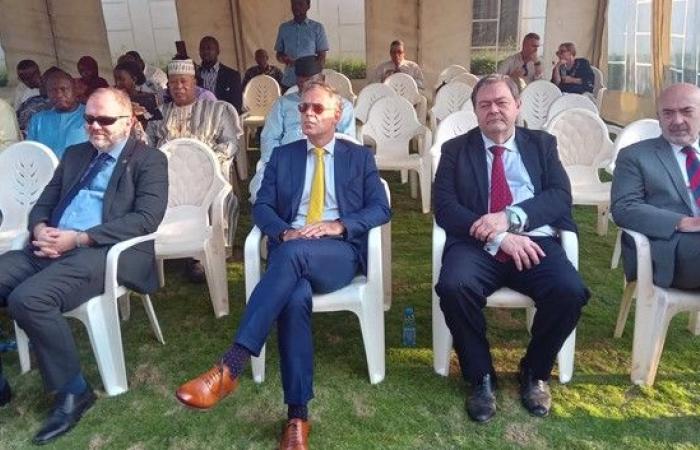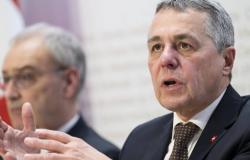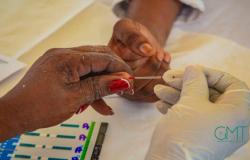As part of World HIV/AIDS Day, the Embassy of the Kingdom of Spain in Mali, in collaboration with UNAIDS, organized last Thursday, December 12, at the ambassador's residence in Badalabougou , a meeting with a discussion panel on the prevention of vertical transmission of HIV, that is to say the transmission of HIV from mother to child. During this meeting, HE Hidalgo clarified that universal access to HIV treatment is a right, not a privilege.
The meeting was chaired by HE Antonio Guillen Hidalgo, Ambassador of the Kingdom of Spain in Mali, in the presence of Dr. Marc Saba, UNAIDS country director in Mali, Maleye Diop, UNDP resident representative in Mali, Khassim Diagne, resident coordinator of United Nations system in Mali, Dr. Issiaka Moumouni Koné, executive secretary of the High National Council for the Fight against HIV/AIDS, Dr. Mamadou Diop, member of the Sectoral unit for the fight against HIV in Mali, Dr. Bintou Dembélé Kéita, coordinator of Arcad Santé Plus, as well as several ambassadors accredited to Mali. This initiative from the Embassy of the Kingdom of Spain in Mali aims to bring together key players around a cause that transcends borders, statuses and generations.
The UNAIDS country director in Mali, indicated that Mali, like many countries in sub-Saharan Africa, faces a major challenge in interrupting the chain of transmission of HIV from mother to child. “Every year, thousands of women living with HIV give birth to children. If we do nothing, up to 40% of these children risk becoming infected, perpetuating the vicious cycle of disease. However, we know that this is not inevitable.
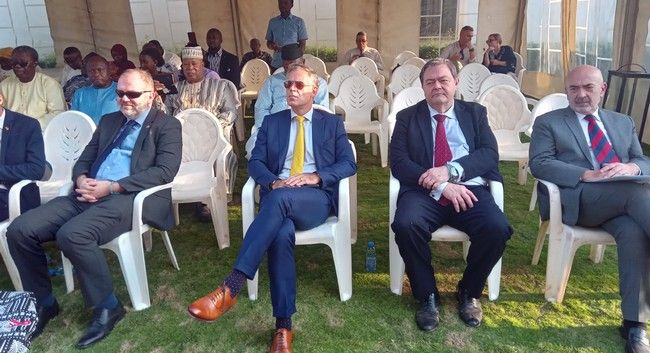 Thanks to scientific advances and prevention programs, it is possible to reduce this risk to less than 2%. But this requires collective commitment, unwavering political will and concrete actions on the ground. Despite notable progress, the difficulties and challenges remain immense: limited access to screening and care, underperforming prevention chains, persistent stigma and discrimination and the integration of services. These challenges are surmountable, but we need concerted action and increased support from all stakeholders”he pleaded. He added that UNAIDS, in collaboration with the government of Mali and its partners, is proposing a global and integrated approach. “Strengthen universal access to screening for pregnant women in health and community structures; increase the availability of antiretroviral treatments for mothers living with HIV and their children; train health workers to provide services without judgment, with dignity and respect; involve communities and invest in communication and awareness-raising in order to change perceptions, reduce stigma and encourage care-seeking,” he said.
Thanks to scientific advances and prevention programs, it is possible to reduce this risk to less than 2%. But this requires collective commitment, unwavering political will and concrete actions on the ground. Despite notable progress, the difficulties and challenges remain immense: limited access to screening and care, underperforming prevention chains, persistent stigma and discrimination and the integration of services. These challenges are surmountable, but we need concerted action and increased support from all stakeholders”he pleaded. He added that UNAIDS, in collaboration with the government of Mali and its partners, is proposing a global and integrated approach. “Strengthen universal access to screening for pregnant women in health and community structures; increase the availability of antiretroviral treatments for mothers living with HIV and their children; train health workers to provide services without judgment, with dignity and respect; involve communities and invest in communication and awareness-raising in order to change perceptions, reduce stigma and encourage care-seeking,” he said.
The ambassador of the Kingdom of Spain in Mali, initiator of the advocacy evening, announced that the fight against HIV is a constant battle in three essential areas: information and prevention; access to treatment for all; the fight against stigma. “We know that information saves lives and education is our most powerful tool to prevent new infections. We have a responsibility to continue to disseminate clear and accessible messages about modes of transmission, prevention measures and the importance of early diagnosis.
Concerning access to treatments for us, antiretroviral treatments have revolutionized the fight against HIV. Thanks to them, millions of people around the world today live with quality and hope. However, these scientific advances should not be a privilege, they must be a right for everyone. In relation to the fight against stigma, we must never forget that HIV remains a deeply stigmatized disease. This stigma causes emotional harm to people living with the virus”he said.
The Spanish diplomat specified that Spain, for example, must continue to be a model of universal and equitable access to treatment. “Today, it is our duty to support the most affected countries, like Mali, where economic and social barriers still limit access to care. International cooperation is essential to ensure that no one is left behind in this global fight. Universal access to HIV treatment is a right, not a privilege. One of the greatest possible victories in the fight against HIV is to eradicate mother-to-child transmission of the virus,” he added. During the meeting, experts moderated a panel on the theme: “Promoting human rights means helping to eliminate HIV/AIDS”. The panelists were Dr. Issiaka Moumouni Koné, executive secretary of the High National Council for the Fight against HIV/AIDS, Dr. Mamadou Diop, member of the Sectoral Unit for the Fight against HIV in Mali, Dr. Bintou Dembélé Kéita, coordinator of the 'Arcad Santé Plus.
Mahamadou Traore

